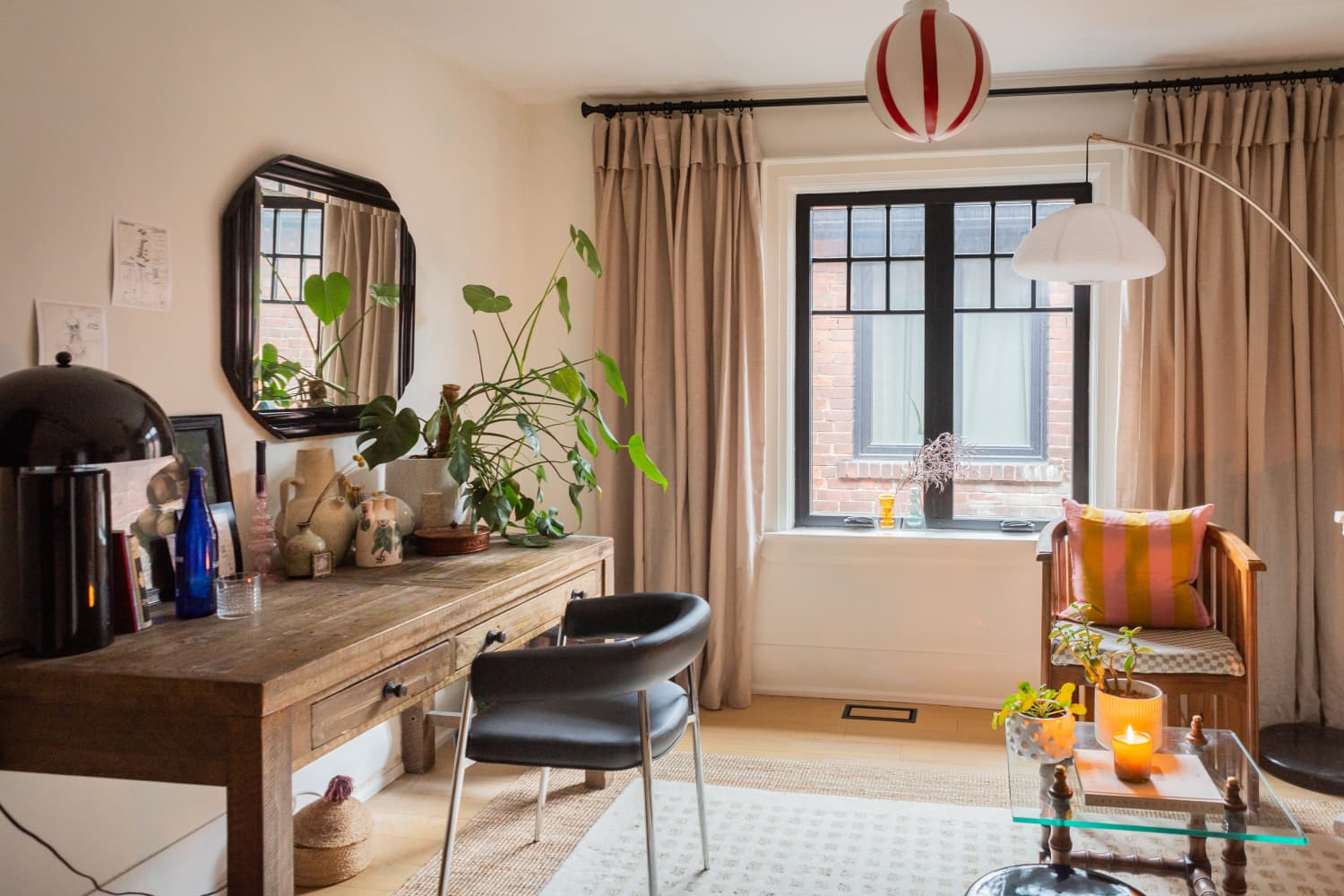We independently select these products—if you buy from one of our links, we may earn a commission. All prices were accurate at the time of publishing.
I’ve always wanted to keep a journal but I’ve never been able to do it consistently — despite knowing there are so many mental health benefits, and despite being a writer myself. I just haven’t found a way to start journaling, let alone make it stick. Things changed, though, when I came across an Instagram reel by Charlotte Spillane, an anxiety hypnotherapist and psychotherapist.
In the video, she notes 10 simple habits “that feel like a warm hug when you’re running on empty.” (Am I running on empty? Often.) As I read, Spillane’s first suggestion caught my attention: “Write down three things that went well today.” Okay, that’s a kind of journaling I could see myself doing. So I decided to try it out.
What Is the “Three Good Things” Mindfulness Method?
The “three good things” method is as simple as it sounds: Write down three good things that happened each day. In her Instagram video caption, Spillane explains, “Even on rubbish days, your brain needs evidence that good things happen. This rewires your brain to notice positives instead of just problems.”
This method seemed like a low-lift “journaling” technique that wouldn’t feel like yet another to-do on my list. What drew me the most was the psychological benefits that I knew would come even from such a straightforward and speedy journaling exercise.
Writing down three things that went well each day is essentially gratitude journaling, which can improve your mood, an idea first popularized by a 2003 paper published by Robert Emmons and Michael McCullough in the Journal of Personality and Social Psychology. As David B. Feldman describes in The Power of Journaling, the basic idea of gratitude journaling is to write down a “few good things that occur every day for anywhere from two to 10 weeks. They can be big things like ‘I just got a new job’ or small things we might normally overlook, like ‘The flowers in the back yard were blooming today.’”
In fact, positive psychology pioneer Martin Seligman proposed a method called “Three Good Things.” The formula involves:
What Happened When I Tried the “Three Good Things” Method
I put this method into practice for the past week, and I’m happy to report that it’s as easy as I thought and as effective as I’d hoped. I wrote my three things in my planner, just to keep everything super simple, but I think I may switch to another dedicated notebook so I can amass a collection of “good things” I’ve written down. What a neat little keepsake that would be!
As far as feeling mental health changes, I definitely found that my mind became more primed to notice when things were going well. Before I started the method, I wasn’t even aware that dwelling on little things often dragged me down and tipped me into a sour mood. But once I began the habit of writing down my three good things, I found that my brain began to not only notice the little things that went well (which is already huge!), but also that it began to look for them. That brain rewiring thing actually happens — and it’s not that hard to facilitate it.
Seligman’s “three good things” method was intended as a way to prepare for good sleep, and I did notice some subtle but potentially impactful changes in my sleeping habits. I rarely have trouble falling asleep, but over the last few years, I often wake up in the middle of the night or early morning, before I’m ready to actually get up. (Thank you, perimenopause.) Usually, my mind floods with anxiety, but since writing down my three good things, I’ve noticed that these unwanted wakeups aren’t as stress-filled, and consequently, I’ve been able to fall asleep again much faster. If this keeps up, the cumulative effect on my sleep will be powerful.
The “three good things” method has been such a smooth transition into a practice of regular journaling, with none of the pressure I’d previously felt about the habit and so many of the benefits. I can’t say — yet — that it’s changed my life, but I can vouch for how it’s changed my days, and that is no small thing.








